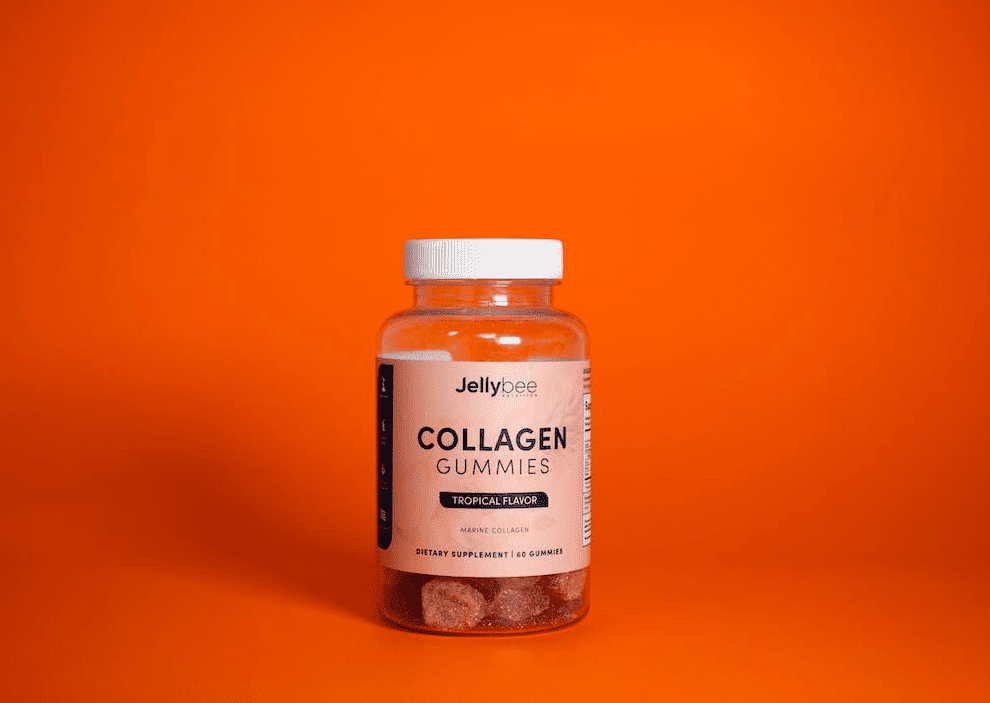A strong and healthy skeletal system is crucial to maintaining overall wellbeing. Bones serve as the foundation of the human body, providing support, structure, and protection to our vital organs. They also act as a mineral reservoir, regulate hormones, and facilitate movement. Consequently, it is essential to prioritize bone health, especially as we age.
One way to ensure our bones remain robust is through the use of bone health supplements. These supplements can help prevent or slow down the deterioration of bone density and strength, thereby reducing the risk of fractures and other bone-related issues. In this blog post, we will explore the various types of bone health supplements available and delve into their benefits.
Calcium: The Building Block of Bones
Calcium is the most abundant mineral in the body and the primary component of bones and teeth. Around 99% of the body’s calcium is stored in the bones and teeth, with the remaining 1% circulating in the blood and other tissues. It plays a vital role in maintaining healthy bones, regulating muscle contractions, and transmitting nerve impulses.
As we age, our bones gradually lose calcium, leading to weaker and more fragile bones. To counteract this, experts recommend consuming adequate amounts of calcium, either through diet or supplementation. The recommended daily allowance (RDA) of calcium varies depending on age and gender, but generally, adults require between 1,000 to 1,300 mg per day.
The benefits of calcium supplementation include
- Strengthening bones and teeth
- Reducing the risk of osteoporosis and fractures
- Supporting muscle and nerve function
Vitamin D: The Sunshine Vitamin
Vitamin D is another critical nutrient for bone health, as it facilitates calcium absorption in the gut and helps regulate calcium levels in the blood. It also plays a role in bone remodeling, the continuous process of bone formation, and resorption. Vitamin D can be synthesized in the skin when exposed to sunlight and can also be obtained through diet or supplementation.
Several studies have shown that vitamin D deficiency is widespread, particularly in older adults and those living in colder climates with limited sunlight exposure. The RDA of vitamin D for adults ranges from 600 to 800 IU per day, though some experts argue that higher doses may be necessary to achieve optimal blood levels.

The benefits of vitamin D supplementation include:
- Enhancing calcium absorption and bone mineralization
- Reducing the risk of osteoporosis and fractures
- Supporting immune system function
Magnesium: The Unsung Hero
Magnesium is another crucial mineral for bone health, with around 60% of the body’s magnesium found in bones. It contributes to bone structure and aids in the conversion of vitamin D into its active form, which promotes calcium absorption. Additionally, magnesium plays a vital role in over 300 enzymatic reactions in the body, including energy production, protein synthesis, and nerve function.
The RDA of magnesium for adults ranges from 310 to 420 mg per day. A deficiency in magnesium can lead to weakened bones and a higher risk of fractures. Therefore, magnesium supplementation can be beneficial for maintaining bone health, especially in individuals with inadequate dietary intake.
The benefits of magnesium supplementation include:
- Supporting bone structure and strength
- Enhancing vitamin D activation and calcium absorption
- Promoting overall health through its involvement in various bodily processes

Vitamin K: The Bone Strengthener
Vitamin K is a fat-soluble vitamin that plays a crucial role in blood clotting and bone metabolism. It helps activate proteins responsible for binding calcium to bones, thereby improving bone strength and reducing the risk of fractures. There are two main forms of vitamin K: vitamin K1 (phylloquinone), which is found in leafy green vegetables, and vitamin K2 (menaquinone), which is found in fermented foods and animal products.
The RDA for vitamin K varies by age and gender, with adults generally requiring between 90 to 120 mcg per day. Studies have shown that many people do not consume adequate amounts of vitamin K, especially vitamin K2, which has been linked to better bone health outcomes.
The benefits of vitamin K supplementation include:
- Strengthening bones by promoting calcium binding
- Reducing the risk of osteoporosis and fractures
- Supporting cardiovascular health by inhibiting calcium deposition in arteries
Collagen: The Protein Backbone
Collagen is the most abundant protein in the body, providing structure to various tissues, including bones, skin, and connective tissues. It is essential for maintaining bone strength and flexibility, as it forms a matrix that supports mineral deposition in bones. As we age, collagen production decreases, leading to weaker bones and an increased risk of fractures.
Collagen supplements, typically derived from bovine or marine sources, have gained popularity in recent years for their potential benefits to bone health. Studies have shown that collagen supplementation may help improve bone mineral density and reduce bone resorption, especially when combined with calcium and vitamin D.

The benefits of collagen supplementation include:
- Enhancing bone strength and flexibility
- Reducing the risk of osteoporosis and fractures
- Supporting healthy skin, hair, and nails
Boron: The Trace Mineral for Bone Support
Boron is a trace mineral that is crucial for bone health, albeit in small amounts. It helps regulate the metabolism of minerals such as calcium, magnesium, and phosphorus, which are essential for bone formation and maintenance. Some research suggests that boron supplementation may help improve bone mineral density and reduce the risk of osteoporosis, especially in postmenopausal women.
The optimal daily intake of boron has not been established, but intakes between 1 to 3 mg per day have been suggested to support bone health.
The benefits of boron supplementation include:
- Supporting bone mineralization and density
- Reducing the risk of osteoporosis and fractures
- Enhancing the metabolism of other bone-essential minerals
Conclusion
Bone health is an essential aspect of overall wellbeing, particularly as we age. Incorporating bone health supplements such as calcium, vitamin D, magnesium, vitamin K, collagen, and boron can help maintain strong and healthy bones, reduce the risk of fractures, and support overall health.
Before starting any supplementation regimen, it is essential to consult with a healthcare professional to assess individual needs and ensure the appropriate dosage. Additionally, maintaining a balanced diet, engaging in regular weight-bearing exercise, and adopting other healthy lifestyle habits can further contribute to optimal bone health and overall wellbeing.
Next, you should check out our posts on We Built The Ultimate DR.VEGAN® Supplement Stack and How To Understand Your Supplement Needs.




